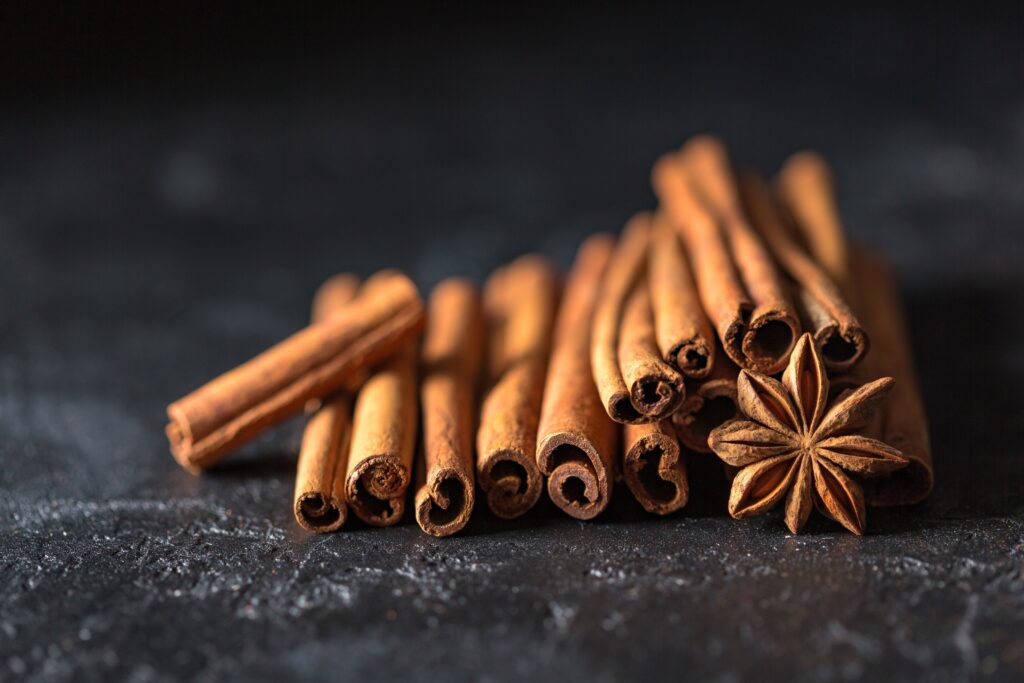Some people follow a custom to pass around fragrances, myrtle or rosemary leaves, mint leaves, cinnamon sticks or cloves. The fragrant spices symbolize life, love, and renewal. It is advisable to bring a large quantity of spices so that it will be possible to pass them around to all your guests in a short time.
Upon smelling the fragrant spices the blessing is:
בָּרוּךְ אַתָּה אֲדֹנָי אֱלֹהֵינוּ מֶלֶךְ הָעוֹלָם בּוֹרֵא מִינֵי בְּשָׂמִים
Barukh atah adonay eloheynu melekh ha-olam boreh minei b’samim.
Blessed are you, Lord our God, the creator of spices.
If the spice is a plant, then the blessing is instead:
בָּרוּךְ אַתָּה אֲדֹנָי אֱלֹהֵינוּ מֶלֶךְ הָעוֹלָם בּוֹרֵא עִשְׂבֵי בְּשָׂמִים
Barukh atah adonay eloheynu melekh ha-olam boreh isvei b’samim.
Blessed are you, Lord our God, Lord of the Universe, who created sod spices.
After smelling the spice, some recite:
וְהָיָה לְךָ לַמֵּשִׁיב נֶפֶשׁ
V-hayah l-kha la-meyshiv nefesh.
“And this child shall be to thee a restorer of thy life,” based on the verse in Ruth 4:15.













